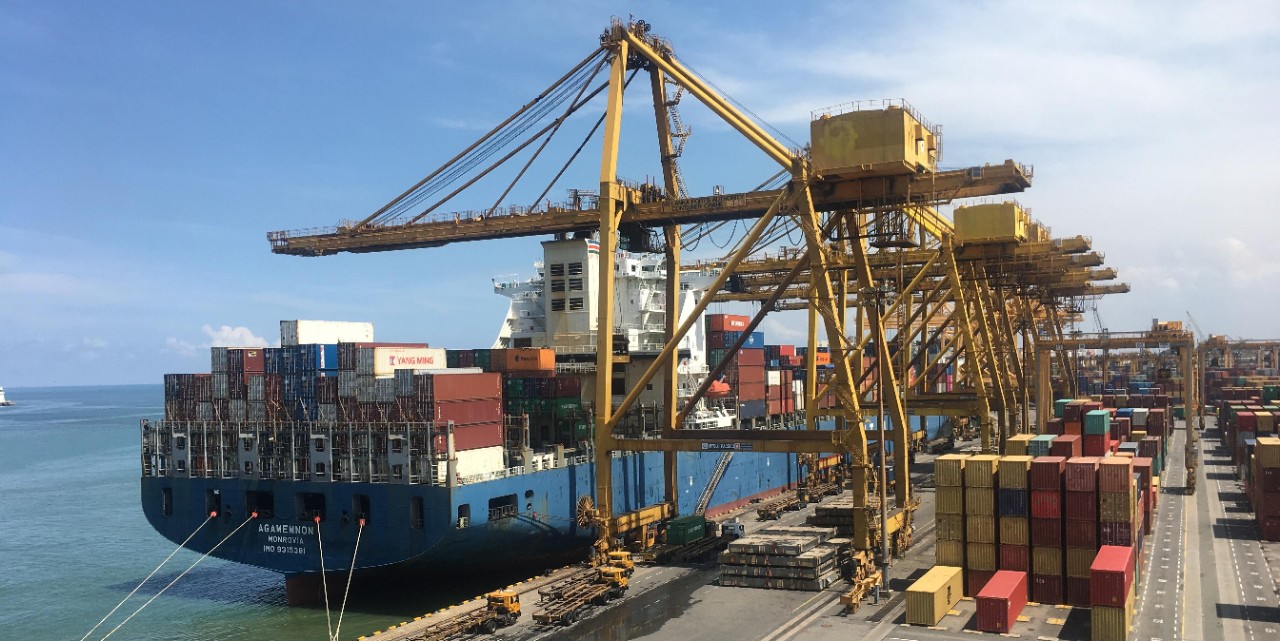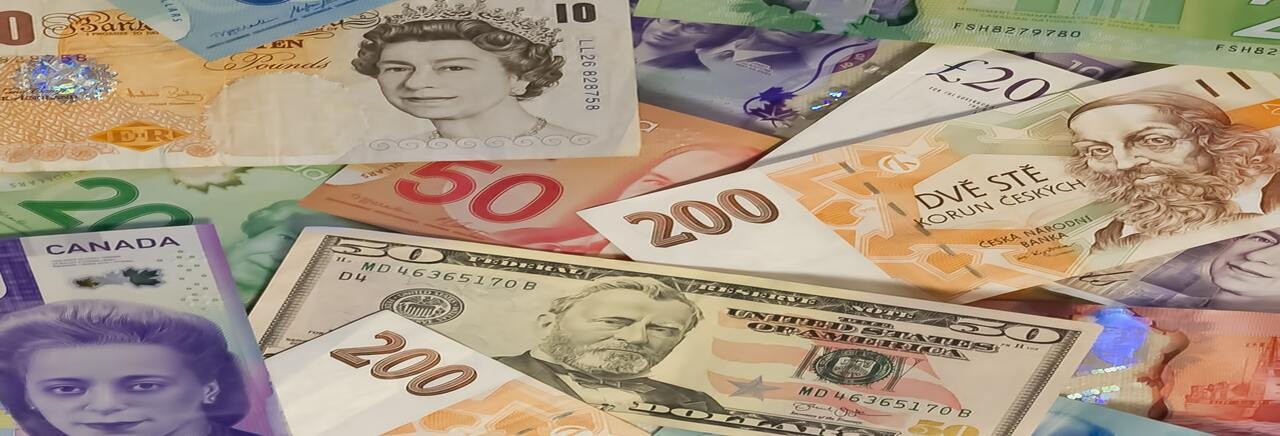Amid slightly better economic data, Brazil’s government is surfing the momentum of the pension reform approval, which could generate around USD200bn (-20% vs. the original bill) in public savings over the next 10 years. We expect a positive confidence shock to ignite a modest recovery of investment, hence explaining the growth acceleration in 2020 (+1.8% vs. +1% this year). Step 2 of the economic reforms includes freeing up more budget
for discretionary spending (only 5-7% of the budget today), and would entail automatic austerity to comply with spending caps (e.g. reducing public sector salaries), improving fiscal management. Yet not only would such measures require significant political capital, but the window to pass them in 2020 is tight, as the local election campaign will start in May. Lastly, releasing Brazil’s full growth potential and boosting its attractiveness would require an overhaul of the cumbersome and inefficient tax system; it would probably not be put forward before H2 2020.
















